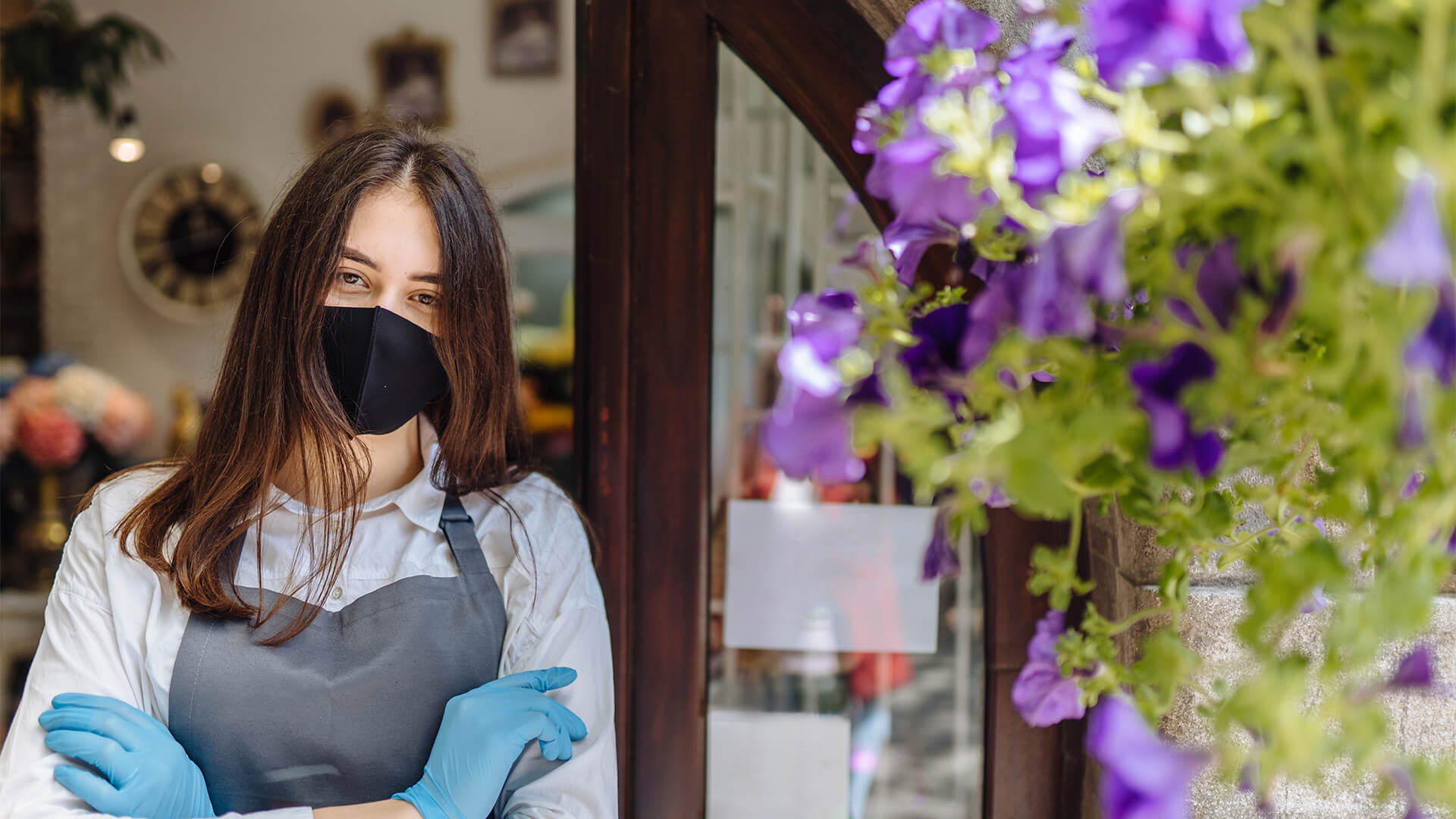Hospitality Firms Hope For a Summer Boost With Relaxed Covid-19 Restrictions
More than three quarters of smaller hospitality firms are confident of a boost to their business in the summer if lockdown restrictions are relaxed, according to a new research conducted by Recognise Bank, UK’s newest SME business bank. The sector leads the way in confidence amongst the UK’s SMEs, with overall two thirds of all small businesses hoping for a seasonal trading uplift.
The research comes hot on the heels of the Prime Minister’s announcement of a roadmap to freeing the UK of coronavirus restrictions by the summer. If everything goes to plan, all legal limits on social contact will be removed by 21 June, with many retailers and hospitality venues enjoying more freedom from 12 April.
However, smaller businesses are also expecting to have to spend more money to get themselves ready for the summer: a total of 73% of hospitality businesses plan to invest in PPE and protective measures for their staff and customers ahead of re-opening, compared with a total of 45% of all SMEs surveyed.
While hospitality firms are confident, Recognise’s research found that many still have some niggling doubts: 67% are worried about keeping their employees and customers safe, 61% fear COVID-19 restrictions will still be in place and could hamper business, 30% are concerned that customers will be too worried to return, while 27% are concerned about replacing customers lost during lockdown.
Jason Oakley, CEO of Recognise Bank, said: “Our research reveals just what a complex situation small business are currently in. They are clearly confident and looking forward to getting back to business in the summer, and trading will bring a much-needed boost to many firms that have had their income reduced due lockdown and COVID-19 restrictions.
“However, they also know that re-opening brings its own challenges, particularly for hospitality firms. Will people feel safe enough to return to restaurants, cafés and pubs, and how can they ensure their employees and customers remain safe? Whatever happens, it is clear that if businesses are going to be able to trade this summer, they are going to have to invest heavily in additional PPE for staff and increased protective measures for their premises at a time when money is already tight.”
Recognise’s research also found that of those hospitality businesses planning to invest ahead of the summer: 21% hope to borrow from their bank, compared with 13% of all SMEs; 18% will turn to government loan schemes, compared with 14% of all small firms; while 15% will use their cash surplus, compared with 14% of all SMEs.
Recognise surveyed the bosses and decision makers of 500 SMEs across the UK. Its research found:
- 76% of hospitality firms are confident of a summer boost to trade if COVID-19 restrictions are lifted or reduced, compared to 67% of all businesses surveyed
- 73% of firms in the hospitality sector plan to invest in PPE or protective measures for their staff and customers, compared to 45% of all SMEs
- Other planned investment ahead of the summer includes:
- Employing extra staff or getting staff numbers back to normal – a total of 51% of hospitality businesses compared with 38% of all SMEs questioned said they would consider employing extra staff/get staff numbers back to normal.
- New products and services – 39% of hospitality firms compared to 23% of all SMEs were looking to introduce new products and services.
- Increased promotional activity – 27% in the hospitality sector and 19% of all businesses were looking at increased promotional activity in the summer.
- SMEs have several concerns over whether they’ll experience a summer boost, including:
- Keeping employees and customers safe – a total 67% of hospitality firms compared to 44% of all SMEs were worried about keeping employees and customers safe.
- Being able to trade because of COVID-19 restrictions – 61% of hospitality firms against 37% of all small businesses were concerned about being able to trade because of COVID-19 restrictions.
Customers will be too afraid to return – 30% of hospitality businesses compared to 20% of all firms are worried that customers will be too afraid to return.







